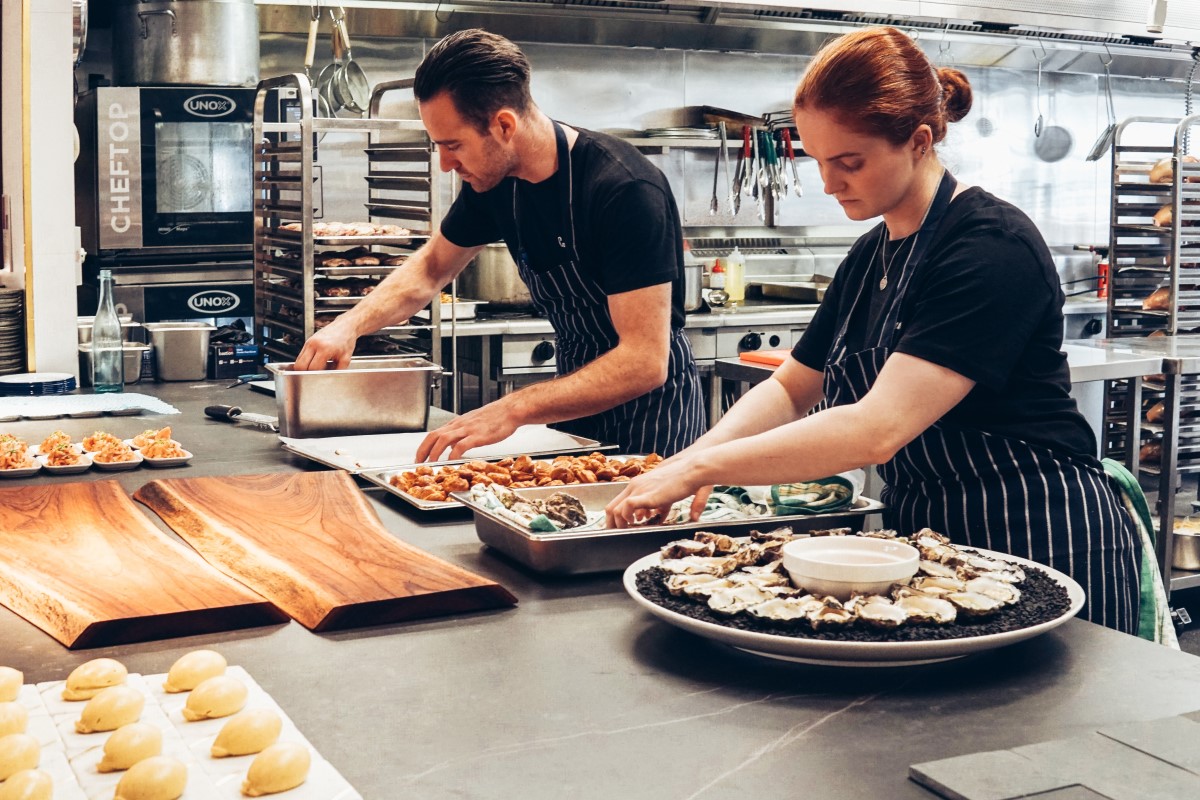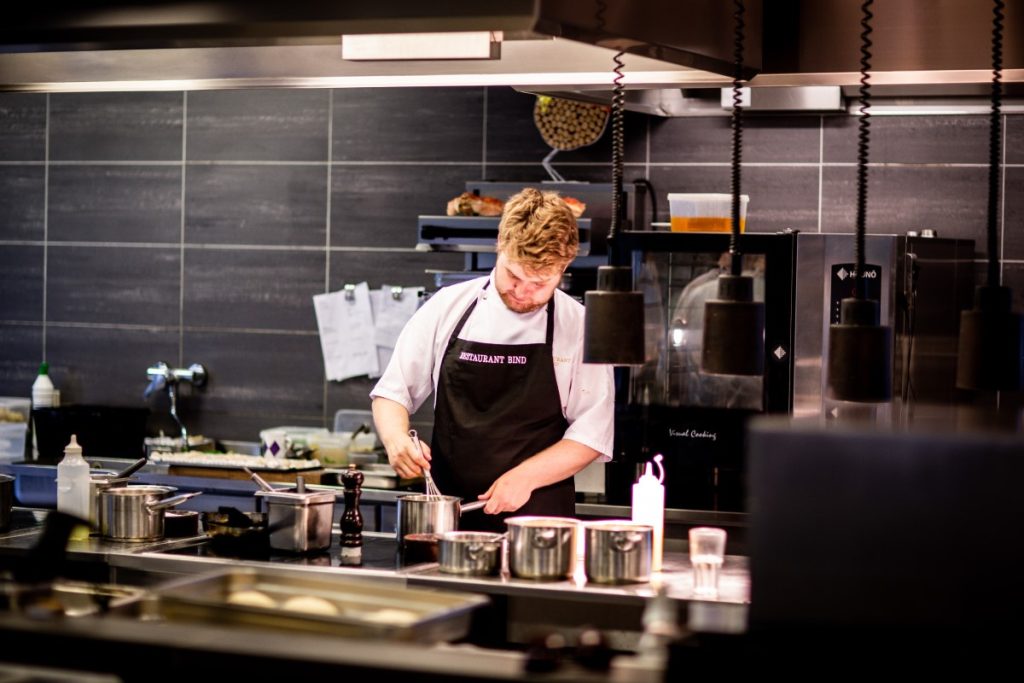A commercial kitchen is very different from a regular home kitchen. If you’re thinking of starting a food business, you need to be aware of the special considerations that come with running a commercial kitchen. This blog post will review some of the best practices for setting up and running a commercial kitchen.
Location
The location is the first thing to consider when setting up a commercial kitchen. Choosing a location that is easily accessible to your target market is crucial. For example, if you’re selling prepared meals, you’ll want to select a location near your customers’ homes or workplaces. You’ll also want to ensure that your commercial kitchen complies with all local zoning laws.
Here are some local zoning laws to keep in mind:
- All commercial kitchens must have a separate entrance from the rest of the building.
- The kitchen must be located in a well-ventilated area.
- There must be a minimum of two exits from the kitchen in an emergency.
- Size
Equipment
Another important consideration for setting up a commercial kitchen is the equipment. You’ll need to have different types of equipment than what you would use in a home kitchen. Some essential equipment for a commercial kitchen includes an industrial-sized refrigerator, chest freezer, stove, oven, and dishwasher. You’ll also need to have enough storage space for all of your food and supplies.
Employees
When running a commercial kitchen, you’ll need to have enough employees to cover all shifts. Always hire employees with experience working in a professional kitchen environment. Also, train your employees on proper food safety and hygiene procedures.

Licenses and permits
You’ll need to obtain the proper licenses and permits for your commercial kitchen to operate legally. Depending on state and local laws, you may need a food handler’s license, business license, and/or permit to operate your commercial kitchen.
Inspections
Commercial kitchens are subject to regular inspections by health inspectors. These inspections ensure that kitchens are clean and safe places to prepare food. Be sure to keep your kitchen clean and follow all food safety guidelines to avoid any problems during an inspection.
How to Keep Your Commercial Kitchen Clean
Running a commercial kitchen is no easy feat. Not only do you have to worry about keeping the food tasting good, but you also have to ensure that it’s safe for your customers to eat. That’s why maintaining a high level of sanitation in your kitchen is so important. In this blog post, we’ll give you a few tips on how to keep your commercial kitchen sanitary.
The first step to keeping your commercial kitchen sanitary is to make sure that all of your employees are properly trained in food safety. This means knowing how to properly wash their hands, clean surfaces, and cook food to the correct temperature. You should also have a system for dealing with food that has been dropped on the floor or otherwise contaminated.
Another critical thing to remember is that cross-contamination is one of the leading causes of food-borne illness. To prevent this, ensure that each employee uses separate cutting boards and utensils for raw meat, poultry, and seafood. You should also designate separate areas of the kitchen for preparing these foods. In addition, be sure to thoroughly clean and disinfect all surfaces after they’ve been used for raw meat, poultry, or seafood.
You should also ensure the cleanliness of the water you serve to your guests. This means using water filters to remove any impurities from your water supply. You may also want to consider installing a water ultra filtration system to remove even more contaminants from your water. It will improve the taste of your water and make it safer for your customers to drink.
One of the most important things you can do to keep your commercial kitchen sanitary is to develop a cleaning schedule and stick to it. This schedule should include daily, weekly, and monthly cleaning tasks. For example, daily tasks might include:
- Sweeping and mopping the floors.
- Cleaning the stovetop and ovens.
- Washing dishes.
Weekly tasks might include deep cleaning the appliances and floors as well as sanitizing all surfaces. Monthly tasks might include professional cleaning services like power washing the floors or having the ductwork cleaned. By following a strict cleaning schedule, you can help ensure that your commercial kitchen stays sanitary.
If you’re thinking of starting a food business, it’s important to be aware of the special considerations that come with running a commercial kitchen. By following the best practices for setting up and running a commercial kitchen, you can help ensure the success of your business.

